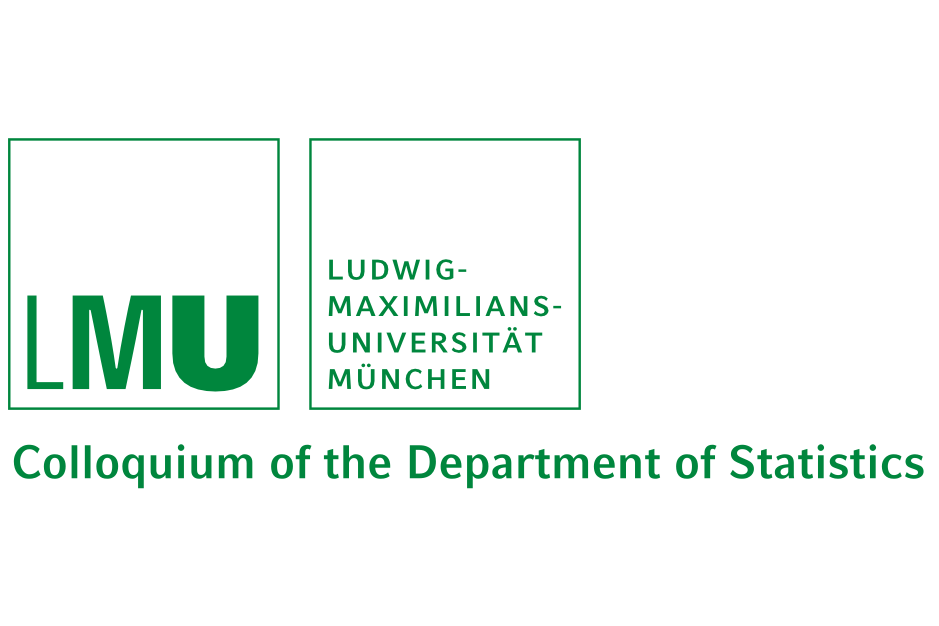20
Nov

Colloquium
How Game-Theoretic Probability Makes Sense of Cournot's Principle
Glenn Shafer, Rutgers University
20.11.2024
4:00 pm - 6:00 pm
LMU Department of Statistics and via zoom
Sufficiently high probability is practical certainty. This maxim, now called Cournot’s principle, was repeated by scholars for centuries before Jacob Bernoulli made probability numerical, and it has been essential to statistical inference ever since. Cournot taught us that it is the only way probability theory makes contact with phenomena. We test hypotheses by checking whether events of small probability happen. We make predictions using the law of large numbers and the central limit theorem. In the 20th century, when mathematicians decided that probabilities come in the form of complete probability measures, Counot’s principle was destabilized. How can it be reconciled with the “lottery paradox”, the obvious fact that an event of small probability always happens? Game- theoretic probability’s notion of a testing strategy rescues Cournot’s principle from the lottery paradox by showing that practical applications of Cournot’s principle are a form of inductive reasoning.
Organized by:
Department of Statistics LMU Munich